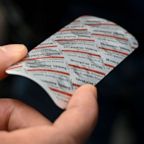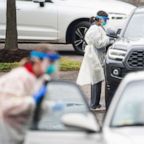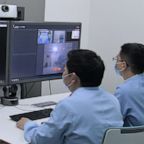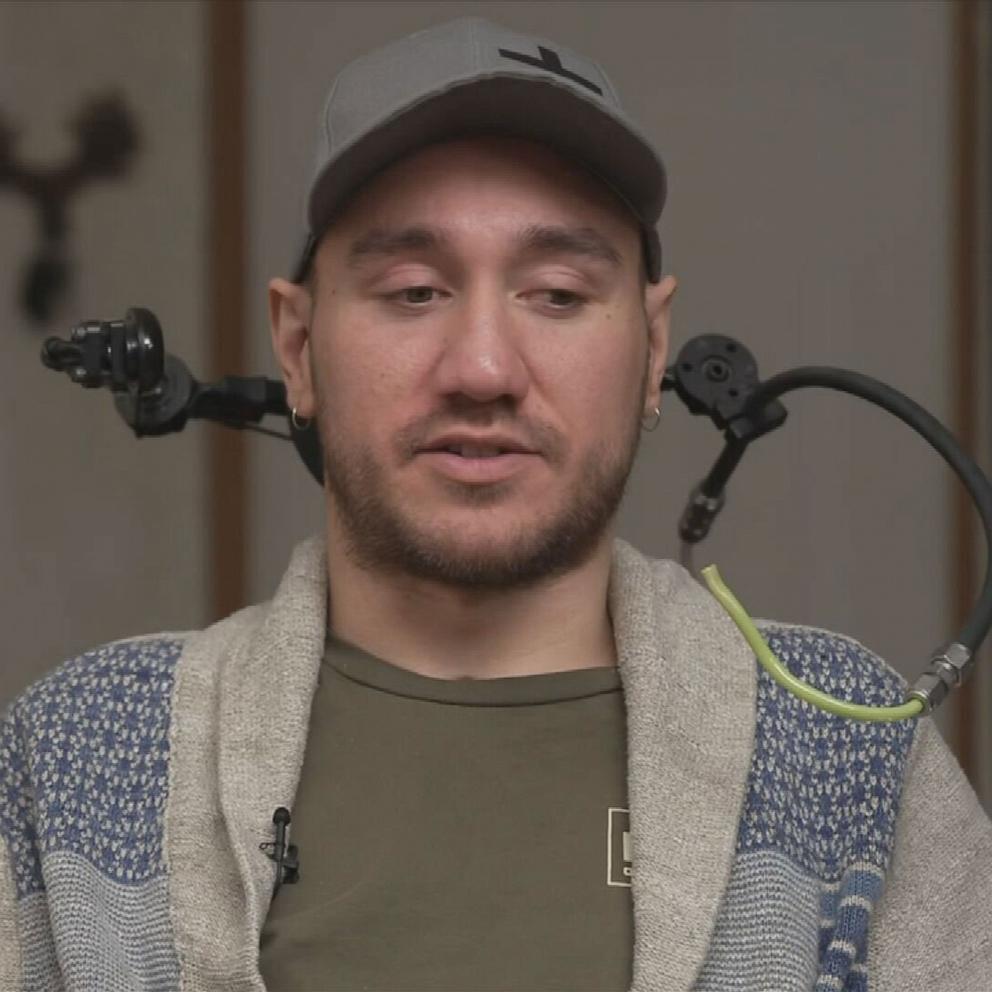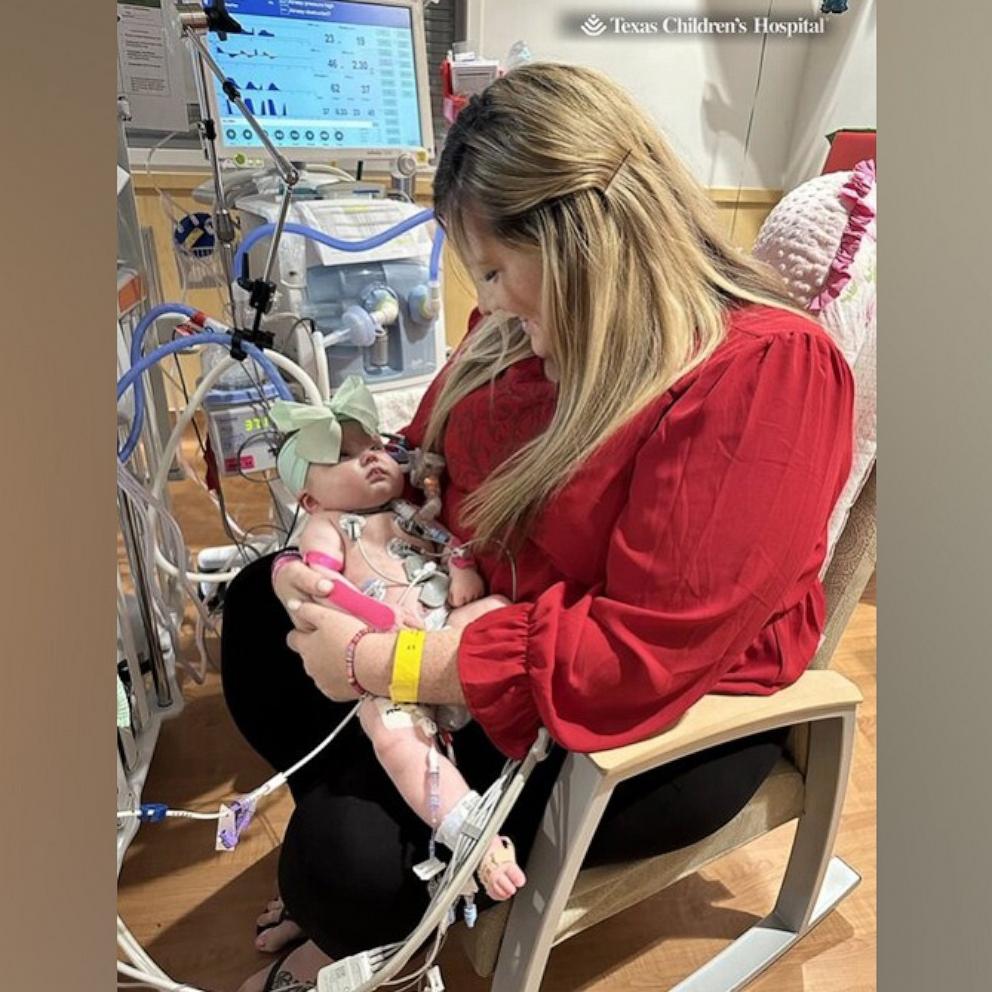Facial hair and N95 masks: What you need to know
Masks are at the forefront of people’s minds as health care workers continue to face shortages during the coronavirus pandemic. Together with disinfection and hand-washing, N95 respirators have proven to reduce the infectious risk of COVID-19 in doctors and nurses.
N95 respirators are tight-fitting masks that filter out 95% of particles in the air and reduce exposure from small particle aerosols to large droplets.
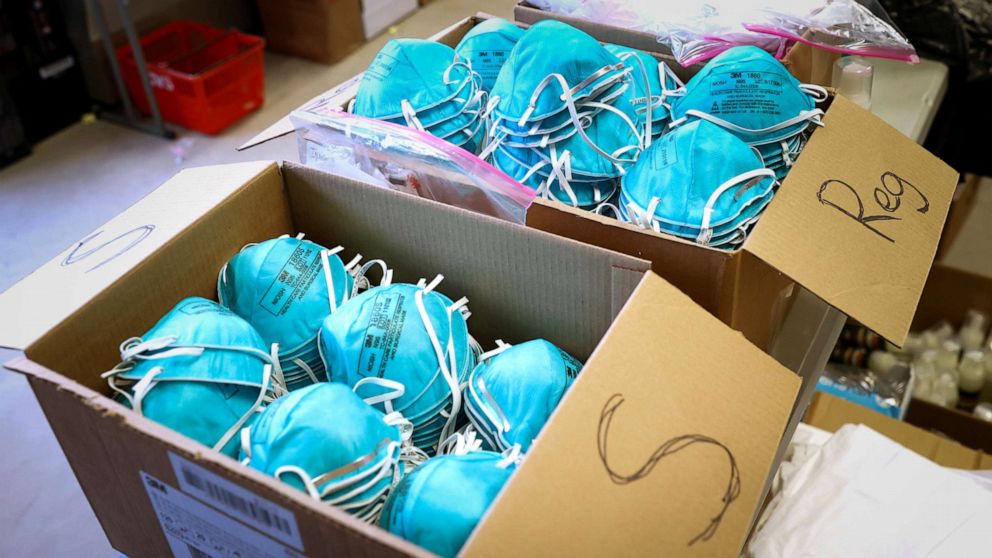
In order to wear an N95 respirator effectively, achieving an adequate seal is essential. United States regulations mandate that health care workers get fit-tested every year, a process that involves spraying foul-tasting fumes around a person's head to see if the mask successfully blocks particles from entering the nose and mouth.
According to the Occupational Safety and Health Administration (OSHA), the test won’t be conducted if there is any hair growth (stubble, beard, mustache or sideburns) between the skin and the face piece sealing surface. That means anyone who plans to wear an N95 mask would need to shave their beards to ensure a good fit.
Eric Cioe Peña, MD, MPH, FACEP, director of global health at Northwell Health in New Hyde Park, New York, explained that "hair under the edge of the mask breaks the seal and makes it useless." As with many others on the front lines of battling COVID-19, Dr. Cioe Peña shaved his beard to get fitted for an N95.
Dr. Alina Bridges, associate professor of dermatology and pathology at the Mayo Clinic said that her institution updated their "no facial hair" policy. Effective immediately, "staff are required to be clean shaven for fit testing."
Hospitals have policies in place granting religious exemptions to shaving. For those who cannot shave or perhaps have "some structural abnormality or some respiratory [compromise] that prevents them from using these respirators," they can use powered air purifying respirators (PAPRs) -- but those are in short supply and cumbersome to wear.
For health care workers shaving their beards for the first time in years, frequent shaving can have downsides, particularly for those with coarse hair or prone to ingrown hairs, explained Houston-based board certified dermatologist Dr. Moneé Thomas.
Her advice is to apply "a warm, wet towel to the beard for a few minutes before shaving to open pores and make it easier to release ingrown hairs. Use shaving gel, shave with a single blade razor or an electric razor on the highest setting. Appling a 1% hydrocortisone immediately after shaving can greatly reduce irritation, she says. And above all: don’t pick at those ingrown."
Even people without facial hair can develop skin irritation after long periods of wearing an N95 mask. New York-based board certified dermatologist, Dr. Whitney Bowe explained that "abrasions from speaking, mechanical tensions and friction causing a breach in the skin barrier,” which can lead to infection.
The skin, the scalp and beard, all have a microbiome, Dr. Bowe explained.
"The microbiome is the healthy bacteria that is there, our tiny warriors,” she said. “We need to fight the bad bugs and do everything to preserve to the delicate balance of the good bugs.”
Dr. Bowe recommended gently washing the face with soap and water, patting dry, not rubbing, then applying a healing balm.
"I love medical grade honey -- it is amazing for wound healing and natural. It goes through a special pasteurization process in the lab that kills off the bacteria. You can also use aloe, right from the plant, or cream or ointment. Yogurt, avocado, oatmeal, all very calming," Bowe advised.
While the The Centers for Disease Control and Prevention recommends N95 respirators for those on the front lines of the pandemic, what about everyday people and N95 masks? Should everyone shave their beards?
The CDC suggested that loose-fitting surgical masks can be worn by everyday Americans if they feel sick themselves, or if they are caring for a family member or loved one who is sick. Surgical masks help prevent contamination when a person coughs or sneezes .
Unlike N95 respirators that require a close shave, surgical masks don’t.
And having a beard or facial hair does not "trap" the virus closer to your face. Dr. Thomas explained that "the beard shares much of the same flora as facial skin. Therefore, most of the same precautions we take with our face to keep it clean and healthy should also apply to the beard.”
What does all of this mean? For now, shaving is recommended if you need to wear an N95 respirator and not a surgical mask.
What to know about coronavirus:
- How it started and how to protect yourself: Coronavirus explained
- What to do if you have symptoms: Coronavirus symptoms
- Tracking the spread in the U.S. and worldwide: Coronavirus map
